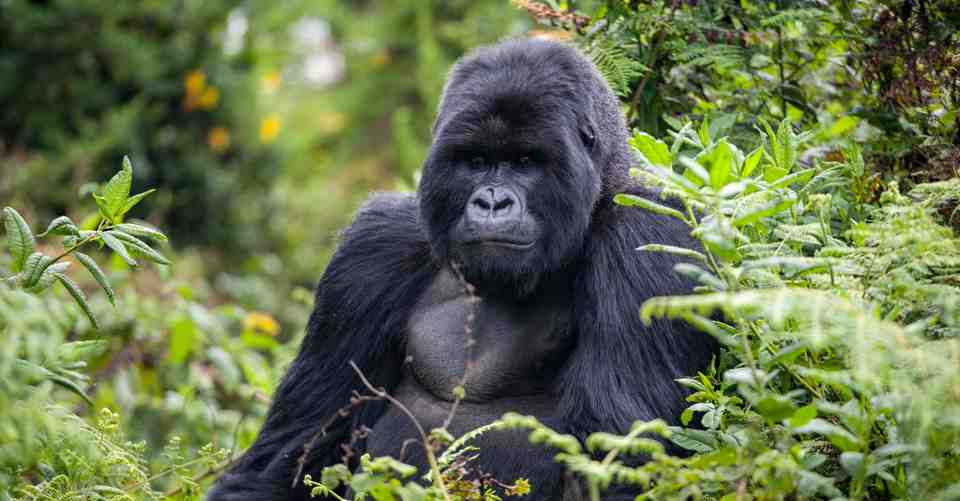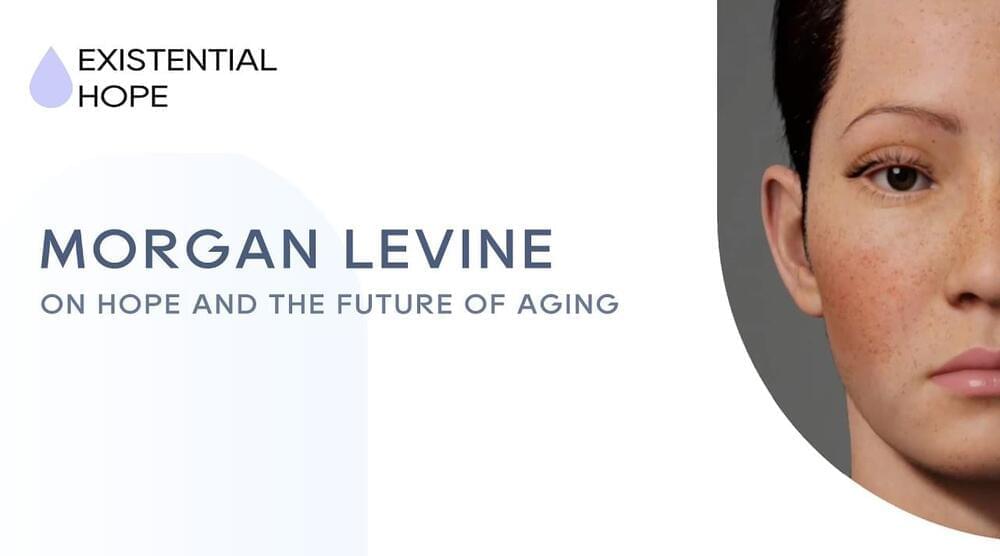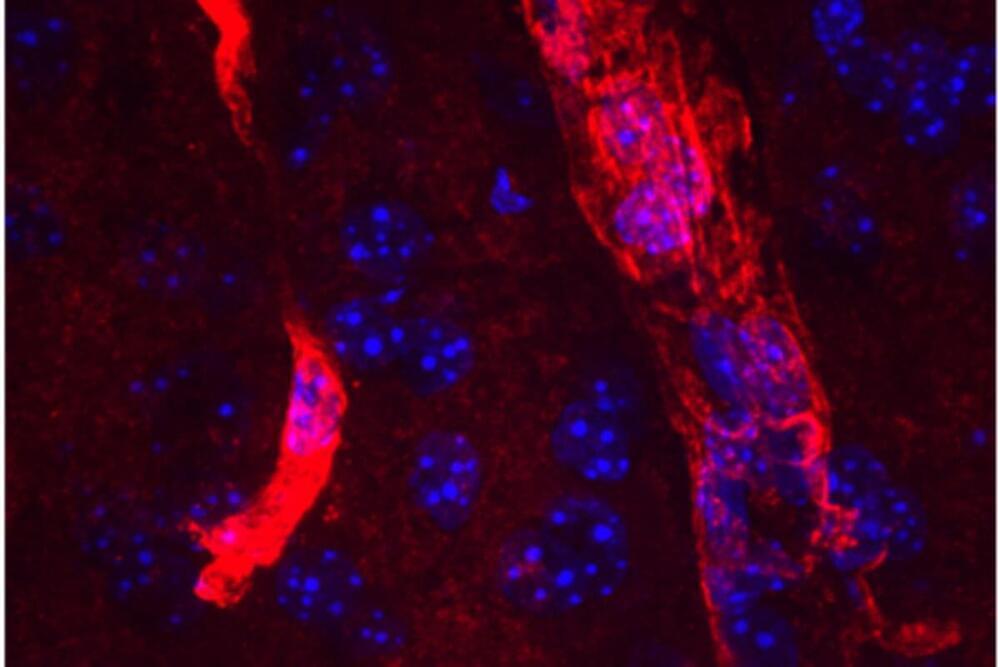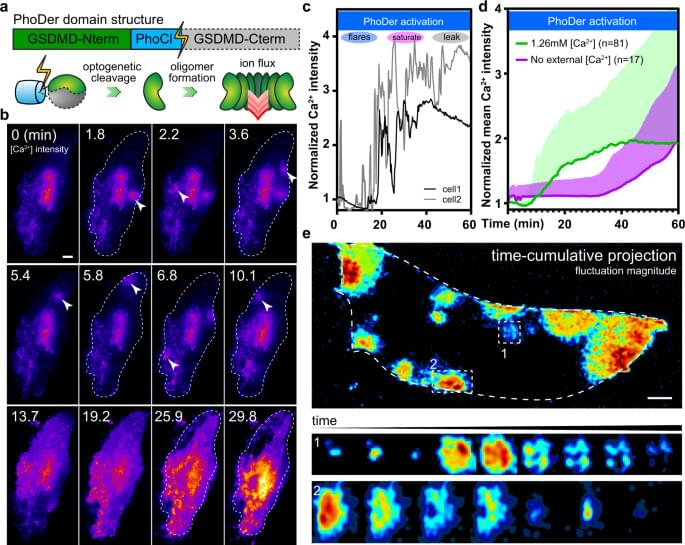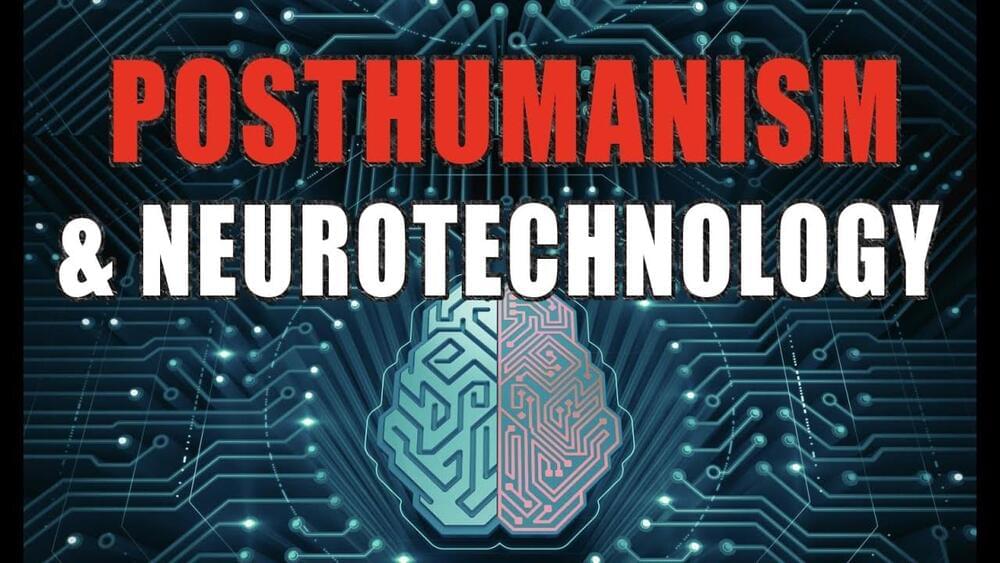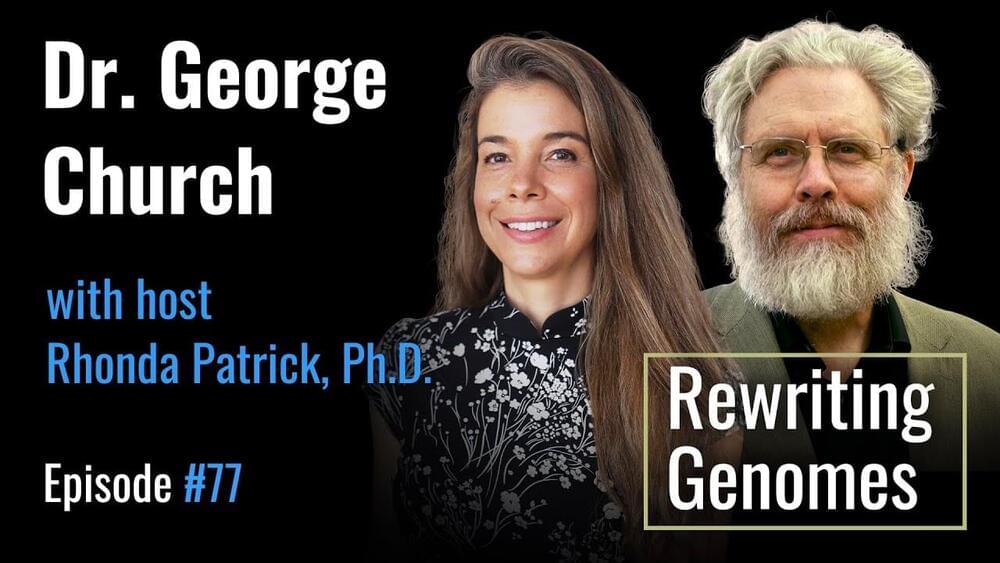Aug 27, 2022
Researchers engineer first sustainable chromosome changes in mice
Posted by Gemechu Taye in categories: bioengineering, biotech/medical, evolution, genetics
This finding “proved” the significance of chromosomal rearrangement, a crucial evolutionary indicator of the emergence of a new species.
Researchers from the Chinese Academy of Sciences (CAS) claim to have found a novel technique for programmable chromosome fusion successfully producing mice with genetic changes “that occur on a million-year evolutionary scale” in the laboratory.
The findings could shed light on how chromosome rearrangements—the tidy packages of organized genes provided in equal numbers by each parent, which align and trade or blend traits to produce offspring—influence evolution, reported Phys.org on Thursday.
Continue reading “Researchers engineer first sustainable chromosome changes in mice” »

